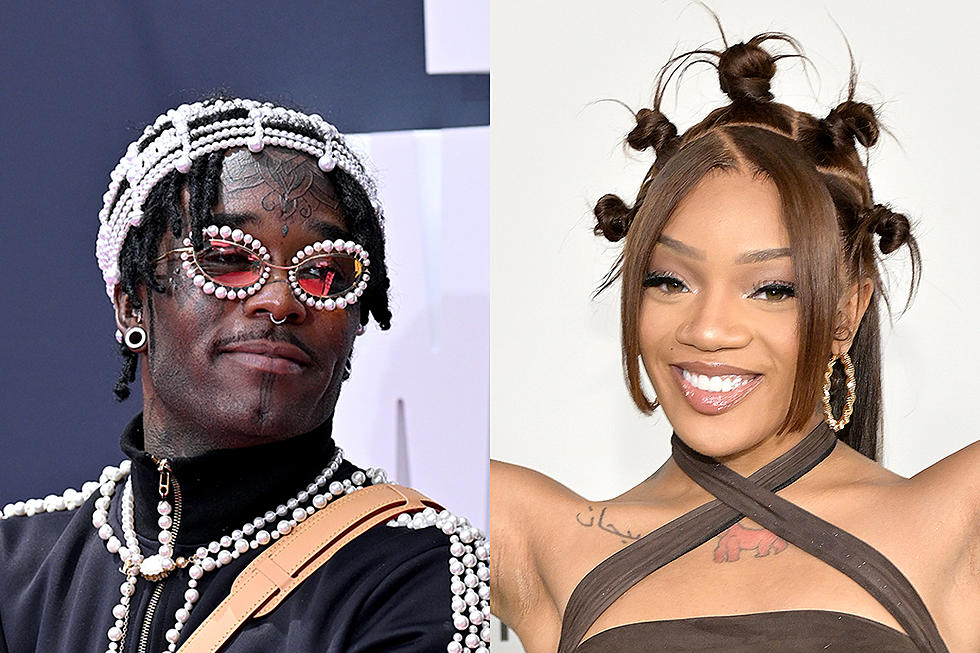
Pete Rock & Camp Lo – ’80 Blocks From Tiffany’s Part 2′ Mixtape Review
Pete Rock is a man who knows his strengths. Of course, at this point in his life he should. The legendary producer/sometimes-MC has made a career out of leftfield choices, and 80 Blocks From Tiffany’s Part 2 is no exception. The mixtape’s tightly produced, jazz-inspired beats blend well with Camp Lo’s 90’s rap styles, making it an excellent blueprint for how older hip-hop influences can be brought into the modern day.
The name 80 Blocks From Tiffany’s references the distance separating Manhattan’s Tiffany store and South Harlem, and members of the community chime in to share their thoughts and experiences living in the Upper Manhattan neighborhood. This coupled with Pete Rock’s blissfully nostalgic production brings the tape a sense of wistfulness for hip-hop days gone by. Tracks like “Glitter And Gold” and “No Uniform” feel like they stepped right out of the Biggie Smalls era.
A few higher-profile guests show up as well, but artists like Ab-Soul, Talib Kweli and Mac Miller fit right in with the neighbors. Miller in particular registers a notable verse, spitting witty rhymes over the bouncing beat of “Meghan Good.” Pete Rock does a fantastic job of weaving their voices and rap styles into his sound and vision for the project, creating a satisfying sense of continuity.
Cuts like “Y’all Not Ready” and “80 Blocks Party” strike the right balance between showcasing Camp Lo’s hustle-rap and letting Pete’s production take the lead. This is a wise choice, as the raps—while skilled—can sometimes tend to bleed into each other as the mixtape goes on. Instead, his classic jazz and soul samples punctuate the tracks, giving the project a slow-burning, smoky feel.
Clocking in nearly 80 minutes, 80 Blocks can feel a bit overstuffed at times. Pete may have been better served paring down the tracklist a bit to avoid a feeling of repetition and obvious filler tracks. However, this is a minor complaint, akin to getting too much of a good thing.
Overall, 80 Blocks From Tiffany’s Part 2 succeeds in recapturing the feeling of a long gone era in hip-hop. Pete Rock’s detailed, throwback production gives the tape weight and focus, while the voices of Harlem drive it forward with a sparkling feeling of life and energy. Modern day hip-hop producers should look to this as an example of how to blend the classic, 1990s influences everyone in the game claims to be inspired by with contemporary elements of rap music. Rock manages to do this with ease, and leaves us with an excellent, if not visionary, project for the rap game of 2013.—Chris Mench
More From XXL









